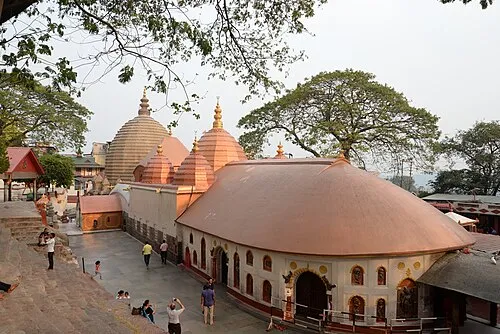
The Martyrdom of Guru Tegh Bahadur: A Pillar of Resistance in Indian History
Guru Tegh Bahadur, the ninth Guru of the Sikhs, is revered not only as a spiritual leader but also as a martyr who stood against oppression and tyranny. His life and ultimate sacrifice play a crucial role in the history of Punjab and India, symbolizing the struggle for religious freedom and human rights.
Early Life and Spiritual Journey
Born in Amritsar in 1621, Guru Tegh Bahadur was the youngest son of Guru Hargobind Singh. He was raised in an environment steeped in spirituality and warrior ethics, shaping his values and beliefs. At a young age, he exhibited profound wisdom and a deep connection to his faith, ultimately becoming the ninth Sikh Guru after the death of his father.
Oppression under Aurangzeb
The period during which Guru Tegh Bahadur lived was marked by severe oppression under the Mughal Emperor Aurangzeb, who was notorious for his anti-Hindu and anti-Sikh policies. He attempted to convert the entire population to Islam through force and violence. Numerous temples were destroyed, and countless devotees were killed for refusing to convert.
Sacrificial Stand for Religious Freedom
In 1675, the Guru took a bold step that would solidify his legacy. When a few Kashmiri Pandits approached him, seeking his help against the oppressive policies of Aurangzeb, Guru Tegh Bahadur agreed to stand up for their cause. In a daring move, he decided to confront the emperor, emphasizing that the right to practice one’s religion is a fundamental human right.
Martyrdom
Guru Tegh Bahadur was arrested and brought before Aurangzeb, who offered him riches and power in exchange for converting to Islam. True to his beliefs, the Guru refused, famously stating, "If you wish to convert me, you will have to take my life first." This powerful stand led to his execution on November 11, 1675, making him the first Sikh martyr. His sacrifice not only reflected his unwavering commitment to his faith but also symbolized resistance against tyranny.
Legacy and Impact
The martyrdom of Guru Tegh Bahadur had a profound impact on the Sikh community and beyond. It inspired countless individuals to resist oppression and fight for their rights. His death became a rallying point for the Sikhs, leading to heightened resistance against Mughal rule. In recognition of his sacrifice, the Sikh community considers him a symbol of valor and commitment to justice.
Cultural Significance
The legacy of Guru Tegh Bahadur is celebrated annually on Martyrdom Day, where devotees gather to honor his memory through prayers and community service. His life and teachings continue to inspire generations, promoting the values of equality, justice, and freedom of belief.
Conclusion
In the face of repression, Guru Tegh Bahadur stands as an emblem of unwavering courage and sacrifice. His martyrdom not only reshaped the socio-political landscape of India but also instilled a spirit of resilience among the oppressed. As we reflect on his life, it becomes essential to uphold the values he championed—freedom, justice, and humanity.






